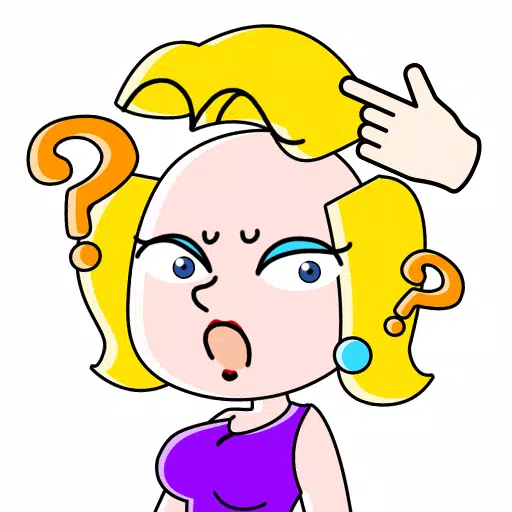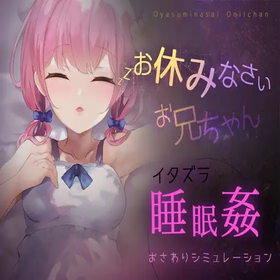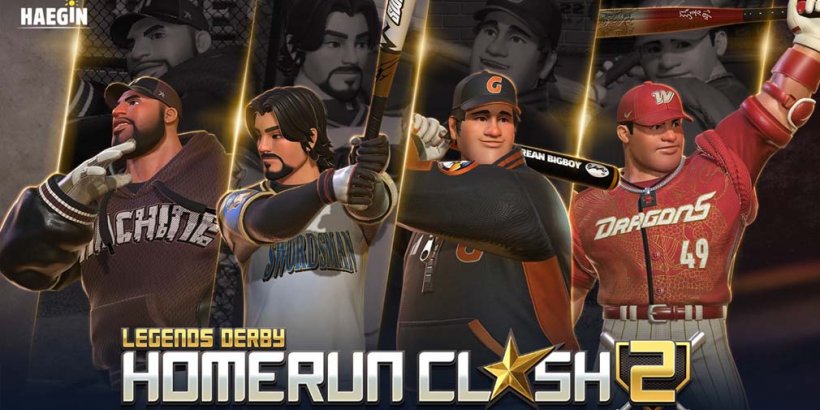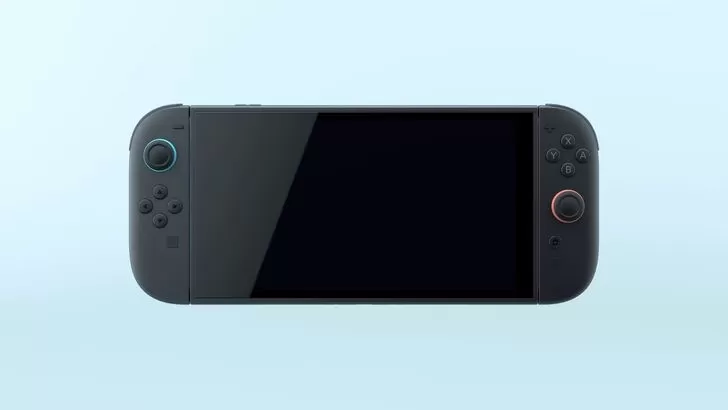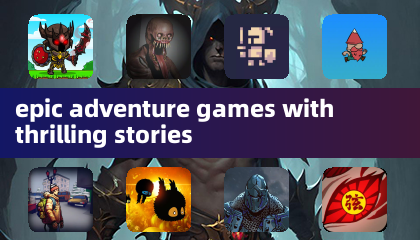Nintendo Lawyer Reveals Strategy Against Piracy and Emulation
Nintendo's stringent stance on emulators and piracy has been a topic of intense discussion, especially following recent legal actions. In March 2024, the developers of the Nintendo Switch emulator Yuzu faced a significant blow, being ordered to pay $2.4 million in damages following a settlement with Nintendo. This action underscored Nintendo's aggressive legal strategy against emulation. Later, in October 2024, the Ryujinx emulator ceased development after receiving "contact from Nintendo," further highlighting the company's proactive measures against unauthorized emulation.
The legal battles extend beyond recent years. In 2023, the developers of Dolphin, an emulator for Gamecube and Wii, were dissuaded from a full Steam release by Valve's lawyers, who were influenced by Nintendo's legal pressure. Additionally, Gary Bowser, involved with Team Xecuter products that bypassed Nintendo Switch's anti-piracy measures, faced severe repercussions. Charged with fraud, Bowser was ordered to pay Nintendo $14.5 million, a debt he will be repaying for life.
The complexities of Nintendo's legal approach to emulation and piracy were further elucidated by Koji Nishiura, a patent attorney and Assistant Manager of Nintendo’s Intellectual Property Division. At the Tokyo eSports Festa 2025, as reported by Denfaminicogamer and translated by Automaton, Nishiura discussed the legality of emulators. He clarified that while emulators are not inherently illegal, their use can become illegal if they facilitate copyright infringement or disable a console's security mechanisms. This stance is particularly enforced through Japan's Unfair Competition Prevention Act (UCPA), which, though only applicable within Japan, significantly shapes Nintendo's legal strategy.
Nintendo's legal battles have also targeted specific tools that enable piracy. The Nintendo DS "R4" card, which allowed users to run pirated games, was outlawed in 2009 following a ruling that its manufacturers and resellers violated the UCPA. Similarly, tools like the 3DS's "Freeshop" and the Switch's "Tinfoil" app, which facilitate the download of pirated software, are considered to infringe on copyright laws.
In the lawsuit against Yuzu, Nintendo highlighted the severe impact of piracy, claiming that The Legend of Zelda: Tears of the Kingdom was pirated one million times. The lawsuit pointed out that Yuzu's Patreon page enabled its developers to earn $30,000 per month by offering subscribers access to "daily updates," "early access," and "special unreleased features" for games like Tears of the Kingdom.
Nintendo's ongoing legal efforts reflect a robust defense of its intellectual property, aiming to curb the proliferation of emulators and piracy tools that threaten its business model and the integrity of its gaming ecosystem.
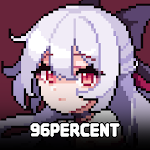
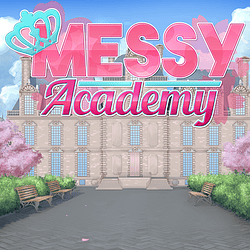

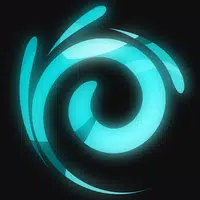






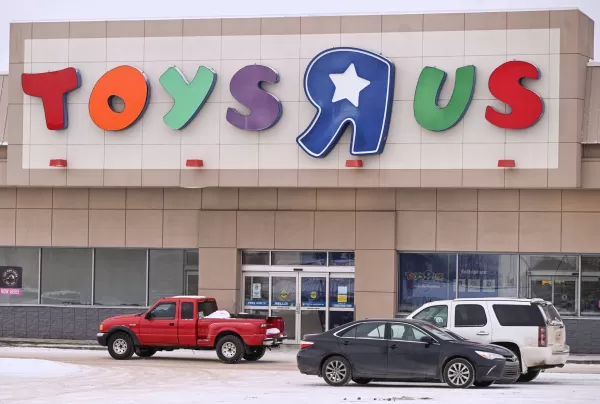
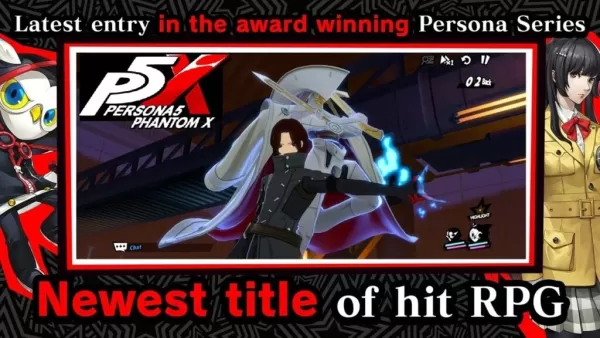
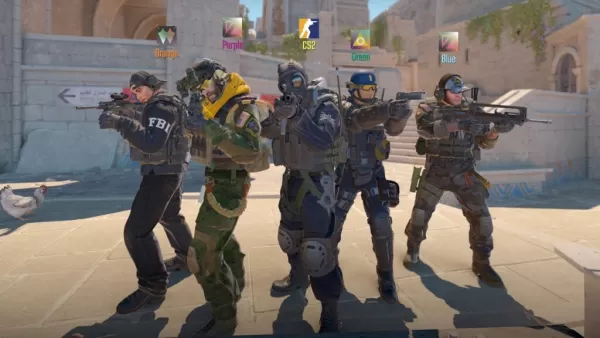
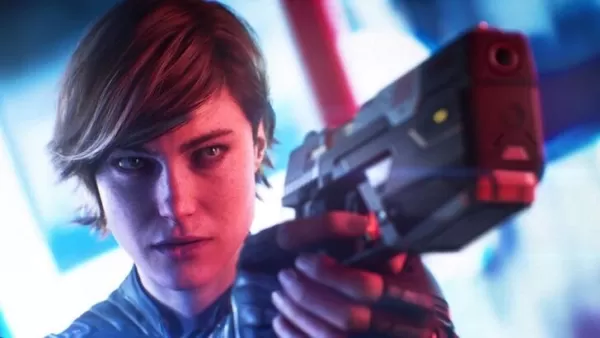
![My Cute Succubus - Girls in Hell [18+]](https://imgs.21all.com/uploads/98/17315786356735cb0b46adf.png)


